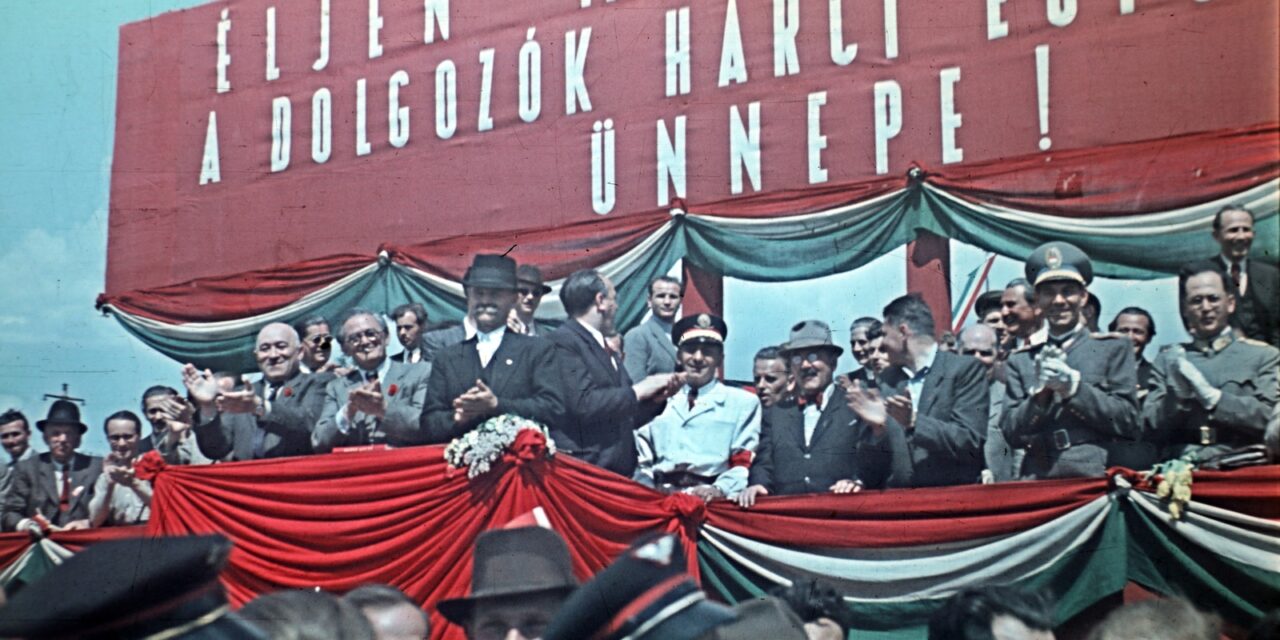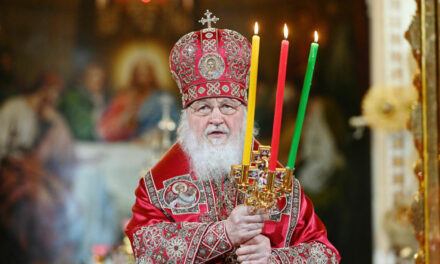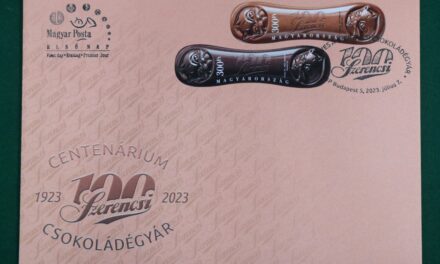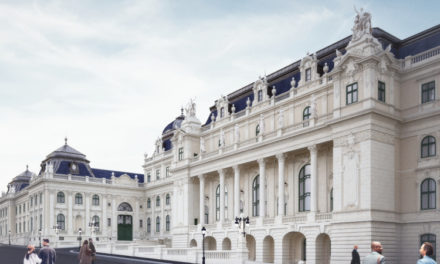The historian Zsuzsanna Borvendég's series was originally published on the PestiSrácok website, but there are certainly those who missed it. But those who haven't read all the parts should also read it again. Knowing the whole picture, can we understand how we got here?
As early as 1944, the Bolsheviks began to take over control of Hungary's foreign trade. The network was built on the Soviet model, under the protection of the Red Army, with little-known key players such as the Muscovite Zoltán Vas or the completely forgotten László Háy . "It wouldn't have been enough on its own, so he started networking right away. But in addition to the newly recruited set - who later became the hard core of the foreign trade lobby - other decisive Muscovites also took a role in the Bolshevization of trade. Zoltán Vas, who is considered to be the supreme lord of the economy, is of course an unavoidable actor from this point of view as well, but Ernő Gerő , an officer of the NKVD, also smoothed the creation of the hardly noticeable web of this financial spider's web on party lines." This became the foreign network that looted Hungary both before and after the regime change. Facts, unspoken connections and a perfectly structured network.
In the fall of 1944, an "elite formation" arrived in Hungary to protect the Red Army. Their task was special and extremely important: they had to ensure that the Communist Party gained control over foreign trade before the implementation of the nationalizations , and at the same time contribute to consolidating the party's financial background.
You have already read about how, after the coup of 1917, Lenin carried out the nationalizations at breakneck speed, and then leased the various companies to big capitalists in the form of concessions, thereby obtaining capital for the construction of the new empire and the modernization of various sectors of the economy
. But there was one area that he kept under his exclusive supervision throughout, in which he did not allow foreign capital to enter: this was foreign trade. For the Bolshevik party, it was vitally important to have complete control over the network of contacts built up to facilitate the exchange of goods, partly because of the secret service opportunities provided by the network, partly because of the provision of control over money movements.
The implementation of the Soviet model was also mandatory in the newly conquered territories, but out of necessity it had to be adapted to local characteristics and world political realities. We know that Stalin tried the "democratic" way of sovietizing the region - if this word connection has any meaning at all - that is, he wanted to leave time to see if they could help their own commissars to power through elections.
Behind the political games of the transition period, preparations for the takeover of power began immediately, and this did not escape the attention of open-eyed contemporaries. The Ministry of the Interior was brought under communist control, which was not primarily interesting because of the integration of the public administration, but rather the official framework for the establishment of the party's private army, the political police. The people working in the justice system were selected on a political basis, people's courts were set up, the institution of internment was broadened, the "executioner's law" was created, that is, the legal conditions necessary for dealing with opponents were created.
We already know a lot about all this, but what has so far escaped our attention is what methods were invented to faithfully copy Lenin's way in foreign trade, preferably even during the transition period planned for a democratic one, i.e. before the end of the nationalizations.
László Háy and the red foreign traders
László Háy - who learned the "craft" from Jenő Varga, the creator of the financial center of the Comintern and the inventor of the Málenkij robot - brought the know-how with him. In his obituary, one of his colleagues remembered him as follows: "first he was put in charge of the newly established Hungarian-Soviet Foreign Exchange Company, then he moved to the Magyar Nemzeti Bank, where he soon became the department manager of the bank. This department, under the direction of László Háy, implemented state control of foreign trade even before the nationalizations." Of course, the term "state" means "communist".
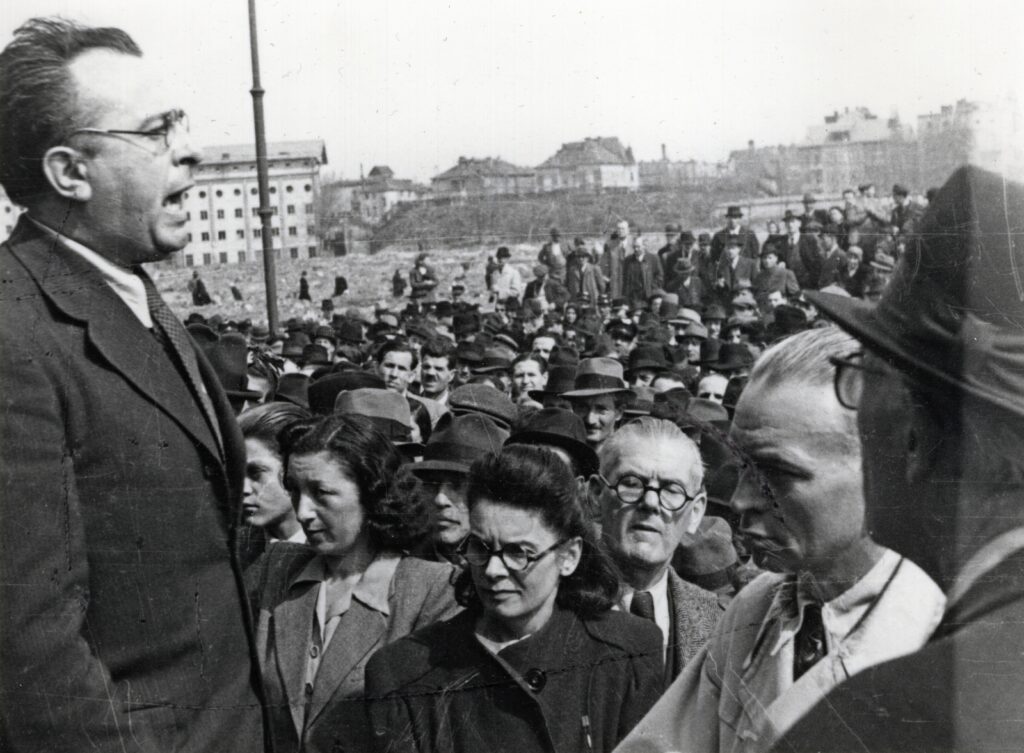
Comrade Zoltán Vas addresses the people (photo: Fortepan)
Telling lines, although it is not disputed that Háy alone would not have been enough for this maneuver, so he immediately started building a network. But in addition to the newly recruited set - who later became the hard core of the foreign trade lobby - other decisive Muscovites also took a role in the Bolshevization of trade. Zoltán Vas, who is considered the supreme lord of the economy, is of course an unavoidable actor from this point of view as well, but Ernő Gerő, an officer of the NKVD, also smoothed the creation of the barely noticeable web of this financial spider's web along party lines.
Gyula Schöpflin: they cheated and smuggled
Their primary method was the establishment of companies close to the party, in which the self-proclaimed anti-capitalist party had no competition. Gyula Schöpflin wrote about this period: "Between 1945 and 1948, the goal of the Muscovite leaders was twofold: the gradual liquidation of political opponents and the acquisition of economic monopoly. For the latter purpose, they also used the services of businessmen, former bureaucrats and economic experts without any qualms, even though he did not have a good past among them. At the time of inflation, Zoltán Vas embraced these professionals with both hands in the West-Orient company and then in the Economic Council and with their help practiced the most extreme profit-capitalism, not shying away from large-scale, state-supported smuggling.
First swallow: the Spark
From 1944, parallel to the advance of the front, in the areas already occupied by the Soviets, the local organizations of the Communist Party set up their own companies one after another, which were mainly trading enterprises founded to solve the critical shortage of food and goods - more precisely, to take advantage of it. Their first company was founded in Szeged on November 7, 1944. It was the later infamous Szikra Publishing House, which at that time was primarily specialized in smuggling and other illegal economic transactions. The economic and financial affairs of the company were entrusted to Zoltán Vas and the future prime minister, Imré Nagy , who was also from Moscow, and László Háy temporarily performed the function of treasurer.
At the end of December 1944, when the Provisional National Assembly was convened, the Economic Department (GO), the party's financial center, was already operating within the Hungarian Communist Party, under whose coordination the management of the companies founded in the fall of 1944 was placed. On January 10, 1945, the Central Leadership of the party decided to entrust Zoltán Vas with the management of the party economy and party finances, that is, with the leadership of the GO. Mihály Farkas , supervised the activities of the GO
An opaque and uncoordinated network of companies was created by the end of 1945, which primarily sold contraband on the black market, thus creating illegal income for the party. In most cases, the companies were not created from scratch, but were brought to life by destroying "abandoned" assets:
The situation was similar with the establishment of party companies. All parties formed such. [...] Cinemas, printing houses, factories abandoned by their owners were taken over by me. The proverb also says: every saint has his hand bent towards himself. As a communist government commissioner, I was really generous, our party got the most - said Zoltán Vas in his autobiography proudly and prone to blasphemy.
And Mercur Rt. was founded.
I think it will not come as a big surprise to the reader that the tangled network of companies also gave rise to a lot of abuse.
Many of the profiteers who suddenly became communists smuggled into their own pockets, so by the end of 1945 they decided to create a large holding company under which they would recruit the scattered small companies, eliminating them from draining the party's income. This became Mercur Kereskedelmi és Ipari Rt., located in Budapest's 5th district, one of whose tasks was to minimize politically objectionable businesses and the resulting attack surface, or rather: to hide them from unwanted eyes .
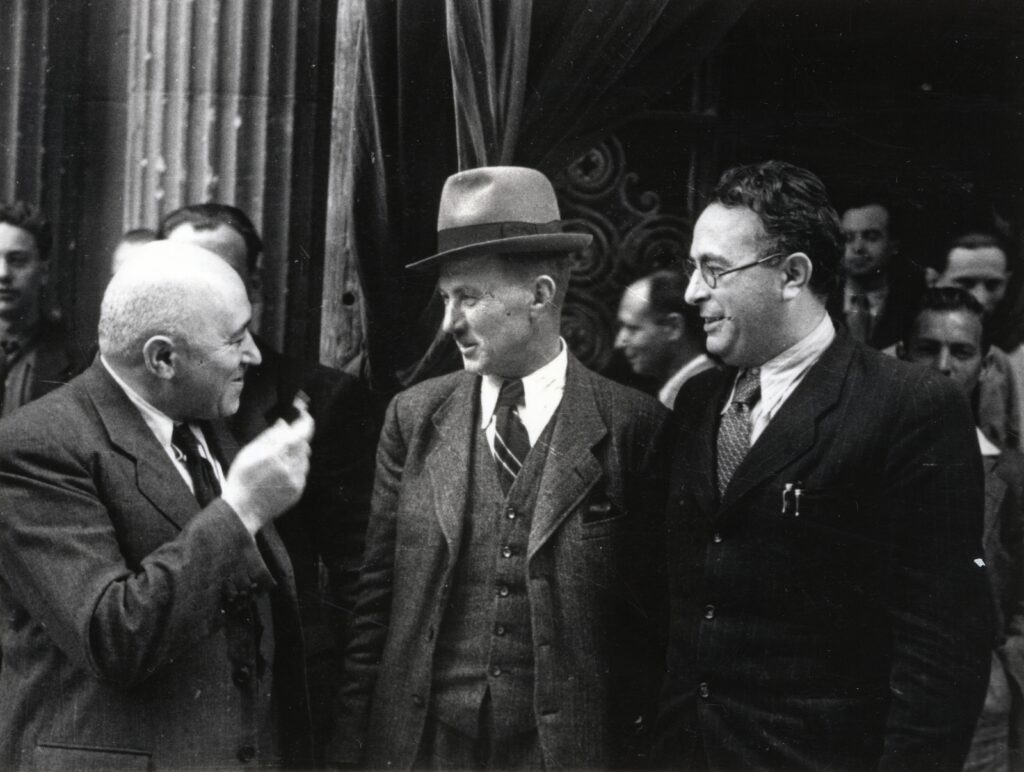
Mátyás Rákosi, András Szobek and Zoltán Vas (photo: Fortepan)
A new bank was founded to manage the financial affairs of the companies: the Dunavölgyi Bank Kereskedelmi Rt. financed the operation of the communists' companies, and the profits also flowed into it. His role in this early period could have been quite decisive, since according to some data, nearly three quarters of the party's income came from here. Sándor Sebes , an old activist from the Galilei Circle, who was a key figure in the Western network of the Soviet secret services between the two world wars, participated in the Spanish Civil War and later joined the French partisans, was entrusted with the management of the holding company . He was one of the managers of the financial affairs of the international labor movement, dirty money was transferred through Swiss banks, and after the war he was sent back to his homeland to use his acquired experience at home.
Even after the nationalizations, Sebes often visited Switzerland, the CIA considered him to be the controller of Hungarian financial and banking operations, who made currency purchases and delivered illegal subsidies to the Western fraternal parties in a conspiratorial way.
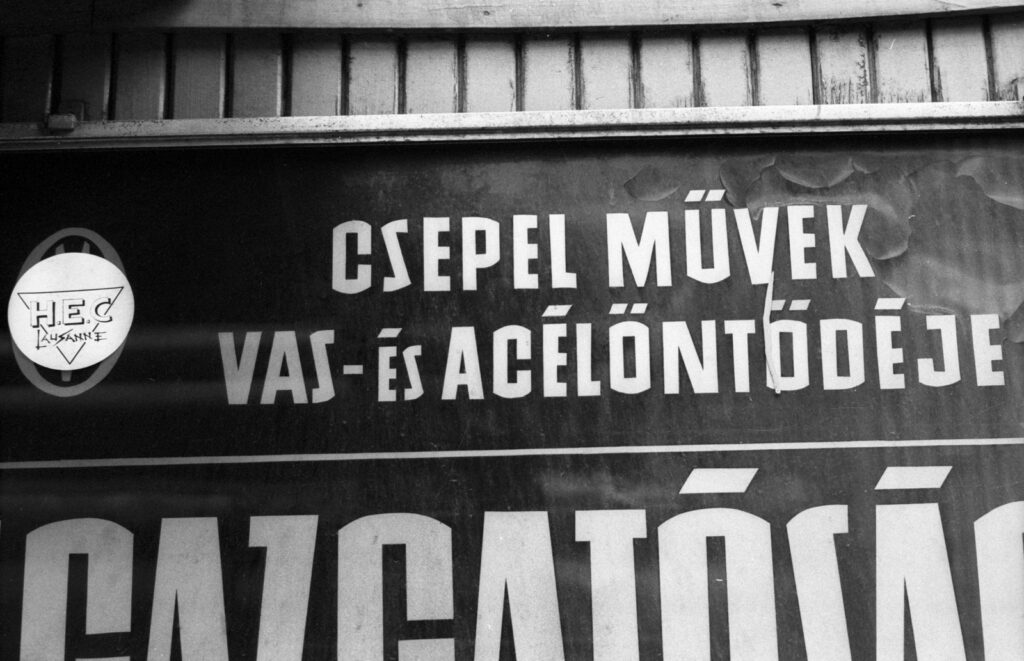
image: Fortepan
In the spring of 1945, the establishment of administrative bodies for foreign trade also began. The Foreign Trade Office inherited from the previous era was abolished and replaced by the Foreign Trade Directorate (KKI), and the ministerial body was reorganized, as a result of which the Ministry of Trade and Cooperatives was born in the fall.
On the part of the communists, the goal was to ensure the primacy of the party at these institutions, however, the implementation was not without obstacles. While the MKP gained full influence in the Foreign Trade Directorate, the "takeover" in the ministry was not so smooth. Although the ministry was under the leadership of the pro-communist left wing of the Social Democratic Party, it was not enough to be completely reliable, which is why Albert Molnár , vice-president of the KKI, said that "controlling foreign trade from one place has never been as important in this country as it is now ".
The centralization of the management of foreign trade was officially realized only in 1948/49, but the communists – according to their own admission – were already able to exercise control over the entire turnover by the middle of 1946.
They achieved all this mainly through their companies, which were successfully involved in various business deals, but the Economic Council also set up an inter-ministerial committee of six within the KKI, which had the exclusive authority to authorize all kinds of imports. The committee met once or twice a week, and the assessment of import applications was extremely lengthy and difficult, but the institution headed by Zoltán Vas had detailed information about which company was importing what into the country in what value, and also knew who their partners were, something they could also approve the loan applications necessary to conduct business, that is, they could also oversee the financial transactions.
In this period, the thorough knowledge of shipments arriving from abroad was particularly important, because a significant part of the party's income still came from smuggling, that is, they tried to manipulate and limit the competition.
By the end of 1946, only a Communist Party company had received an import license, despite the fact that the private sector had not yet been liquidated and many foreign-owned companies were operating in the country.
Source: PestiSrácok
Author: historian Zsuzsanna Borvendég
(Cover image source: Fortepan)

